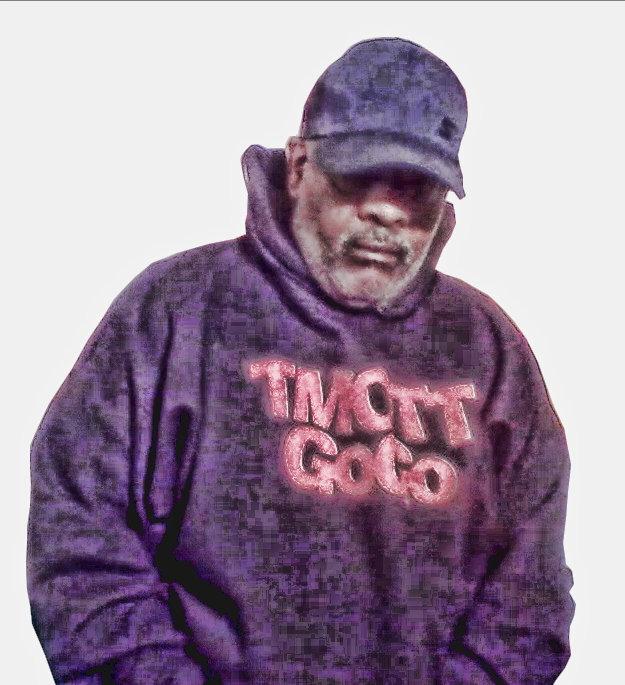
From the pages of TMOTTGoGo Digital Magazine – March 2016 Issue!
There was a time (during the 1960’s – 1990’s) when there were over 150 BOBs (Black owned Broadcasters) operating radio stations around the US. This also reflected a time when radio in the Black community was put in place to help uplift people. The civil rights movement was largely fueled by black radio stations in many of the cities and those “morally driven” stations helped to promote the cause were at that time black owned.
Especially here in the Washington, D.C., area during the 70s and 80s era. With stations such as WOL 1450 (nick named The soul of the city), we had the comfort of community voiced such as Petey Greene, Joe Madison, Cathy Hughes and Bernie McCain, who placed focus and attention to our own individual narratives. While the jocks such as Moonman Bacote, Soul Papa, Nighthawk and Konan spinned our soundtracks. Whatever was going on within our culture and community, those were the voices we tuned in to stay informed and updated. They represented the people and voices of us all. If you wanted to get information out about an issue or event, your first stop was always the local black radio station. Because Black radio was the drumbeat of the community.
However, around that time of the late 80s and early 90s, many large non-minority corporations such as Clear Channel and Time Warner convinced the F.C.C. via court action that government regulation was counterproductive to business. They argued that they should not be banned from owning as many
stations as they could afford. Previously the government would only let a company own 2 or 3 stations in any given market. This kept monopolies from forming and it kept the price of owning a radio station affordable enough that black entrepreneurs were able to buy stations, especially in the larger cities.
After deregulation, these large corporations made it their mission to buy out and own as many black stations as they could get their hands on. They flipped the formats, which also helped to dismantle the political influence that the voices in the black communities that these stations once had.
They then brought in super jocks like Steve Harvey and Tom Joyner, Tavis Smiley, just to name a few to cut down on corporate costs. They could now put the TJMS (Tom Joyner Morning show) on one station and syndicate it to 100 other stations around the country. Thus, 99 other morning voices lost their jobs, but profits for the corporate owners soared. This has been what the industry has been going through, and why there was such a big drop off
of “morally driven” stations.
Today there are less than 25 black owned broadcasters. Only one company, Radio One, owns more than 20 radio stations. Even WOL’s lineup today (which is owned by Radio One) consists mainly of nationally syndicated talk shows. The remaining BOBs are struggling with increased competition, shrinking ad revenues and the rise of rival mediums such as satellite and internet options.
These stations most often don’t have the larger budgets that their rival corporate stations have, so year in and year out it’s tough for them to stay competitive and make a profit in their respective markets. The new corporate stations are much more profit results focused. And as a result of this, one of the biggest dilemmas that has taken place over the years is that most corporate stations have done and continue to do very little to enlighten
(with news or op-ed stories) their communities they way that radio stations once did. We lost our voice. And our narratives were now not being told BY us, but instead told TO us.
Bottom line. In order to counter a lot of this non-sense, in order to regain control of our own narratives again, in order to regain control of the music again, we must get our radio stations back!! And this is exactly what we have been doing. Because of the internet, we not only have the ability create our own internet stations, but have been doing so for the past several years.
Because of the internet, the original tradition that people such as Petey Greene was a part of — the phenomenon of DJs becoming the informal mayors of black communities by emphasizing intensely local social connections and political issues — can now be put back into place. The new drumbeat of the community. And even though they are now trying to price people out of the internet with these ever-increasing licensing fees that often price the smaller internet stations out of business, this fight MUST and WILL continue.

